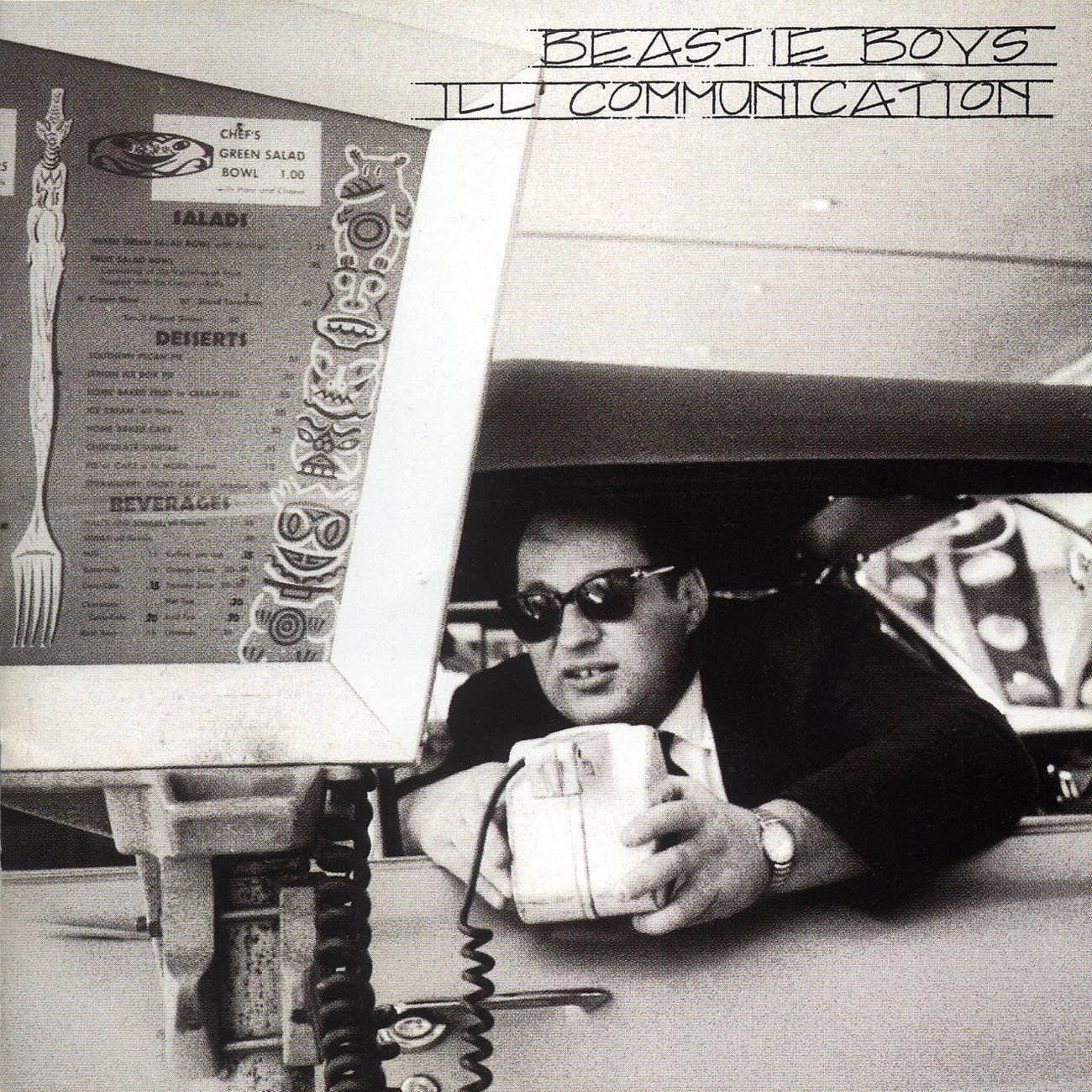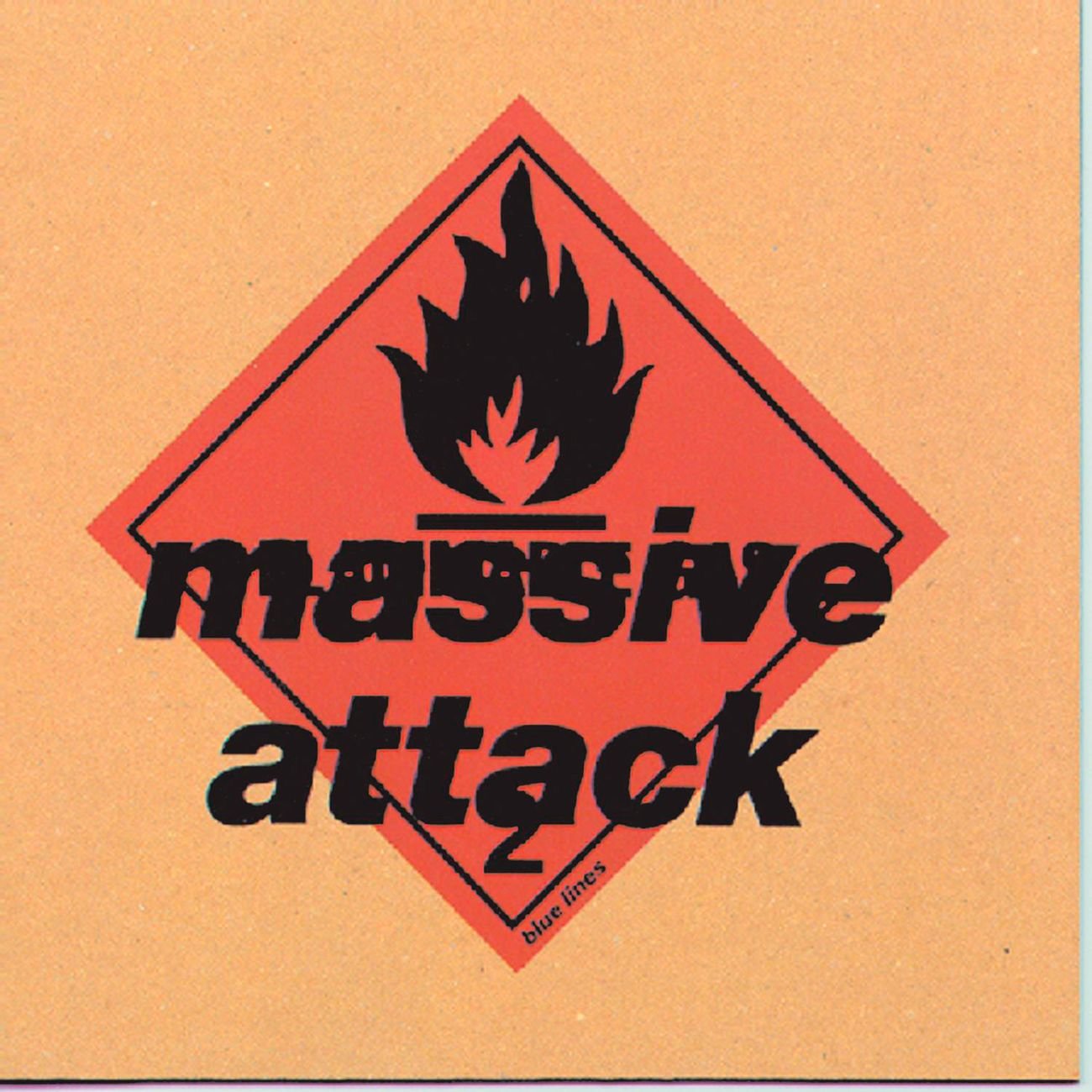milo
Jack L. Jones

Ill Communication is the fourth studio album by the Beastie Boys. It was released on May 23, 1994[1] via Grand Royal Records.
It was their second number one album on the Billboard. The album was supported by the single "Sabotage", which was accompanied by a music video (directed by Spike Jonze) that parodied 1970s cop shows. The album was also their second triple platinum album.
Ill Communication was co-produced by Beastie Boys and Mario C. Featuring musical contributions from Money Mark, Eric Bobo and Amery "AWOL" Smith, vocal contributions from Q-Tip and Biz Markie.
Mike D and Adam Yauch collaborated with Gibran Evans of T.A.Z. to create the album packaging, and to choose the unique cover photo taken by Bruce Davidson. The hand-drawn typeface was created by designer Jim Evans specifically for Ill Communication, and was used throughout the promotion of the album. The album booklet also features the artwork "Gaia" by Alex Grey.
http://en.wikipedia.org/wiki/Ill_Communication
[video=youtube;XTp-gBfGVvU]http://www.youtube.com/watch?v=XTp-gBfGVvU[/video]
v

Blue Lines is the debut album by English trip hop group Massive Attack, released on 8 April 1991 by Virgin Records. A remastered version of the album was released on 19 November 2012.[2]
"We worked on Blue Lines for about eight months, with breaks for Christmas and the World Cup," said 3D, "but we started out with a selection of ideas that were up to seven years old. Songs like 'Safe from Harm' and 'Lately' had been around for a while, from when we were The Wild Bunch, or from our time on the sound systems in Bristol. But the more we worked on them, the more we began to conceive new ideas too – like, 'Five Man Army' came together as a jam."[3]
Blue Lines is generally considered the first trip hop album,[4] although the term was not widely used before 1994.
The album reached No. 13 on the UK Albums Chart; sales were limited elsewhere. A fusion of electronic music, hip hop, dub, '70s soul and reggae, it established Massive Attack as one of the most innovative British bands of the 1990s and the founder of trip hop's Bristol Sound.[5]
Music critic Simon Reynolds stated that the album also marked a change in electronic/dance music, "a shift toward a more interior, meditational sound. The songs on Blue Lines run at 'spliff' tempos – from a mellow, moonwalking 90 beats per minute ...down to a positively torpid 67 bpm."[6]
The group also drew inspiration from concept albums in various genres by artists such as Pink Floyd, Public Image Ltd., Billy Cobham, Herbie Han**** and Isaac Hayes.[6]
http://en.wikipedia.org/wiki/Blue_Lines
[video=youtube;DOEDTrimYMA]http://www.youtube.com/watch?v=DOEDTrimYMA[/video]
